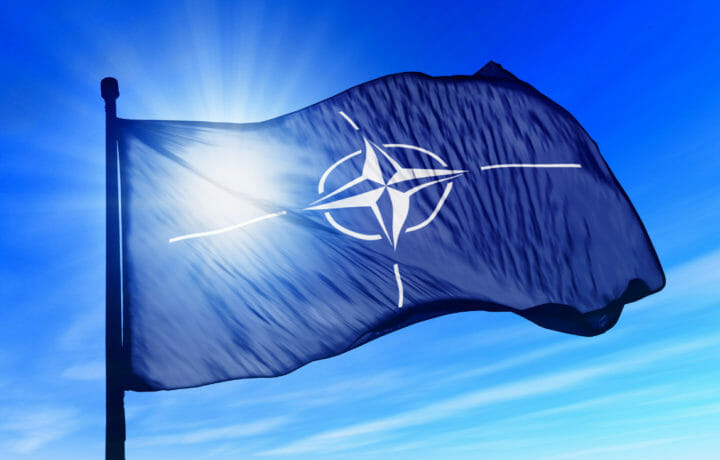With the transatlantic intelligence architecture under renewed strain, General Christopher Cavoli—Supreme Allied Commander Europe—has issued a call to London: the United Kingdom must assume a more forward-leaning role in the North Atlantic Treaty Organization’s intelligence enterprise. Cavoli’s remarks, published in The Times in late June 2025, reflect a recalibration of burden-sharing expectations within the alliance’s core security apparatus.
In the same piece, Admiral Pierre Vandier, Supreme Allied Commander Transformation, offered his optic, “We are entering a phase where intelligence superiority will define operational success,” Vandier said. “The United Kingdom has the tools, the reach, and the trust to lead this effort.” He added, “Transformation is not just about technology—it’s about mindset. Allies must be ready to act independently when necessary and collectively when possible.”
These calls come amid growing concern that the United States can no longer serve as the alliance’s primary intelligence engine. Russian hybrid threats—ranging from cyberattacks to undersea cable sabotage—continue to test the alliance’s resilience. Meanwhile, political volatility in Washington has raised questions about the long-term reliability of U.S. intelligence sharing.
The U.K. signals readiness, but is it?
In response, the United Kingdom released its Strategic Defence Review 2025 on June 2 (updated June 11), outlining a pivot toward warfighting readiness and intelligence modernization. The review commits to enhanced cyber capabilities, artificial intelligence integration, and a “NATO-first” defense policy. Keir Starmer’s government has pledged to raise defense spending to 2.5 percent of gross domestic product by 2027, with an ambition to reach 3 percent in the next Parliament.
Still, some observers remain skeptical. A June 3, Newsweek article noted that while the United Kingdom’s overhaul is “going in the right direction,” it may fall short of American expectations. Former Pentagon official Jim Townsend emphasized the need for Britain to “double down on a NATO-first strategy” and prepare its forces for high-end conflict. The subtext of these concerns: allied intelligence contributions may lag behind emerging operational demands.
Is the U.S. a reliable intelligence partner?
On February 28, iNews reported that United Kingdom security officials were uneasy about how the White House has handled classified information. One official warned that intelligence could be “used as a negotiating tool” or “passed inadvertently” during talks with Russian President Vladimir Putin.
This writer personally observed that during a March 2025 visit to Kyiv, Ukrainian officials voiced concerns over an abrupt pause in allied intelligence sharing. Notably, this period coincided with a first-person observation of an increase in Russian kinetic and cyber activity across multiple fronts (and more than a few visits to a bomb shelter).
ODNI signals all is well in the intel-sharing department
Yet in contrast to this rising pressure, U.S. intelligence officials publicly reaffirmed a message of continuity. During a closed-door roundtable in Brussels on June 12, senior officials from the Office of the Director of National Intelligence briefed NATO counterparts on cyber and space-based surveillance threats, stating that “intelligence partnerships with NATO allies remain a cornerstone of U.S. strategic deterrence and early warning capabilities.” This reassurance, issued in a climate of skepticism and shifting expectations, underscores the dual track Washington is navigating—urging greater allied capability while signaling sustained commitment.
A role for Every Nation
The NATO alliance needs to prioritize intelligence sharing. The perception that the United States has stepped back in intelligence sharing is based on experience and thus forms the reality upon which NATO allies are proceeding. For national security professionals in the United States, the message from Cavoli and Vandier is clear: the future of allied intelligence must be more distributed, resilient, and agile. If the United States wants to maintain its leadership position, its national security professionals must continue to develop future capabilities that prioritize information and capability sharing within the alliance. For now, the leadership of the alliance is looking to the U.K. to lead.




